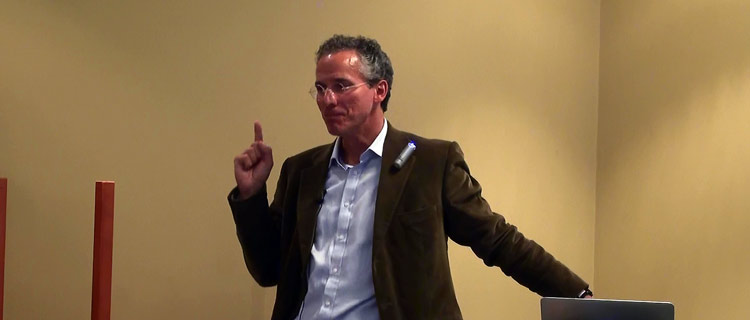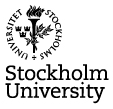
Climate negotiations and approaching catastrophes
Seminar with Professor Scott Barrett, 10 September 2012
This is a puzzle, but it can be explained once we disentangle the incentives for states to act collectively and individually. States can know which collective target is best, and yet face incentives to propose that they collectively aim to meet a weaker target. Worse, they can have incentives to pledge to do less individually than is required to meet this weak collective target, and, finally, to do less than is required to fulfill even these weak promises.
These perverse incentives arise because of the collective nature of the challenge coupled with irreducible scientific uncertainty that makes it impossible to identify a particular threshold for catastrophe with certainty.
Our best hope for a better outcome is to learn the lessons from this research and frame future negotiations in a different way.
About Scott Barrett
Scott Barrett is the Lenfest-Earth Institute Professor of Natural Resource Economics at Columbia University in New York City. He is also a fellow and the current chairman of the board of the Beijer Institute. During the 2012-2013 academic year he is a visiting research fellow at Princeton University.
His research focuses on ways in which international cooperation can be promoted to address issues like climate change, disease eradication, and overfishing. He is the author of Environment and Statecraft and Why Cooperate?, both published by Oxford University Press. He has also been an advisor to numerous international organizations, and was previously a lead author of the Intergovernmental Panel on Climate Change.
Feel free to post or circulate the announcement. The seminar is open to all interested and free of charge. No registration needed.
AUDIO VERSION
Vacancies | Contact | Environmental policy | Cookies
Stockholm Resilience Centre
Stockholm University, Kräftriket 2B | Phone: +46 8 674 70 70 | info@stockholmresilience.su.se
Organisation number: 202100-3062 | VAT No: SE202100306201


